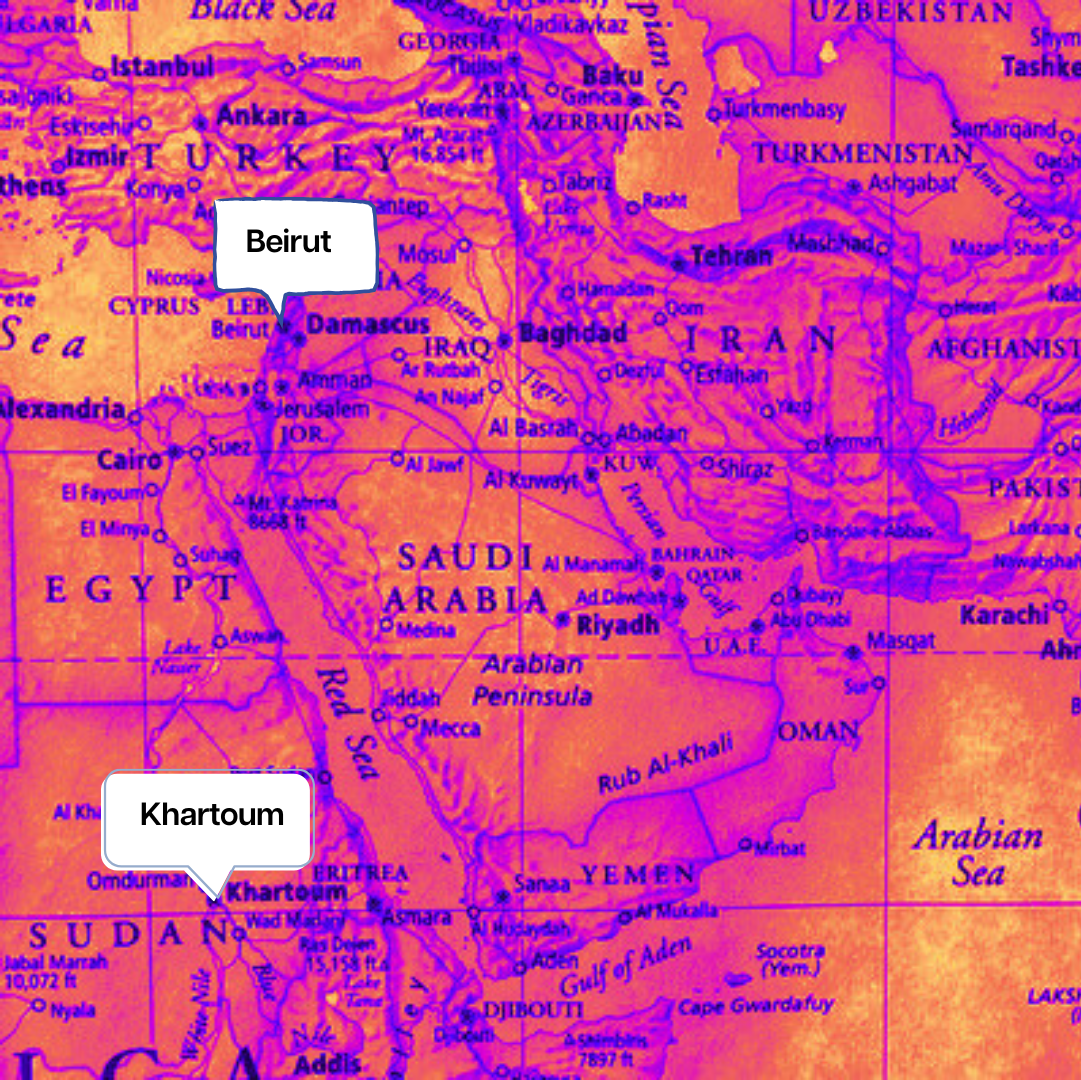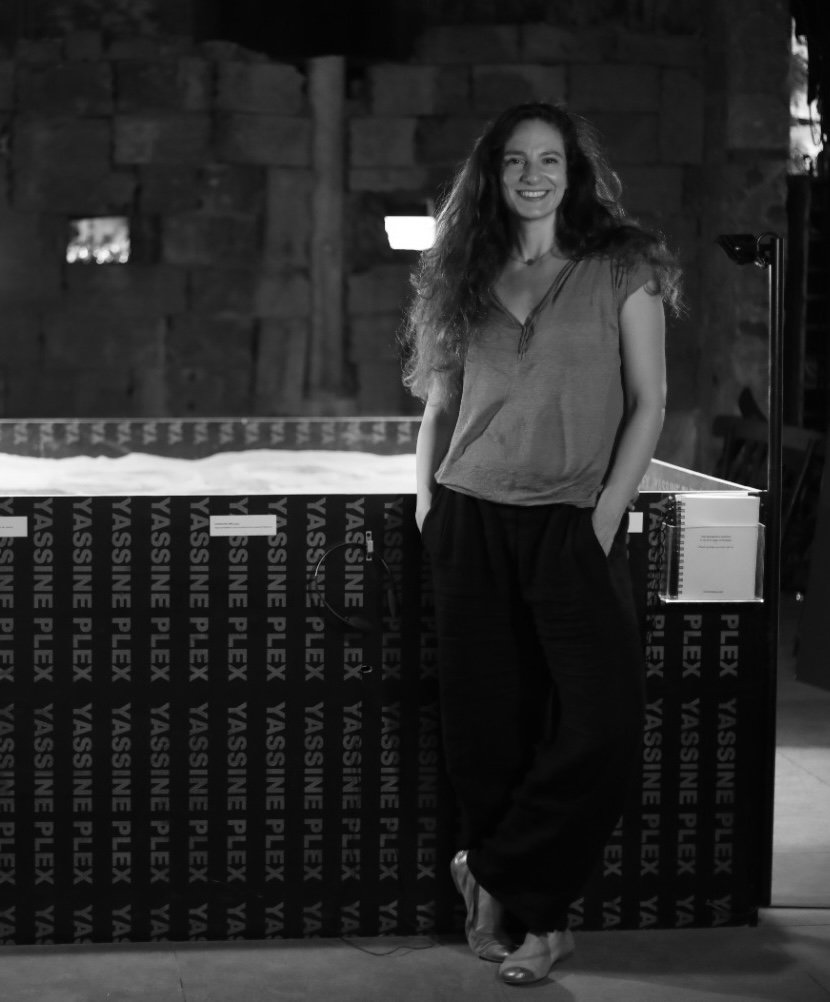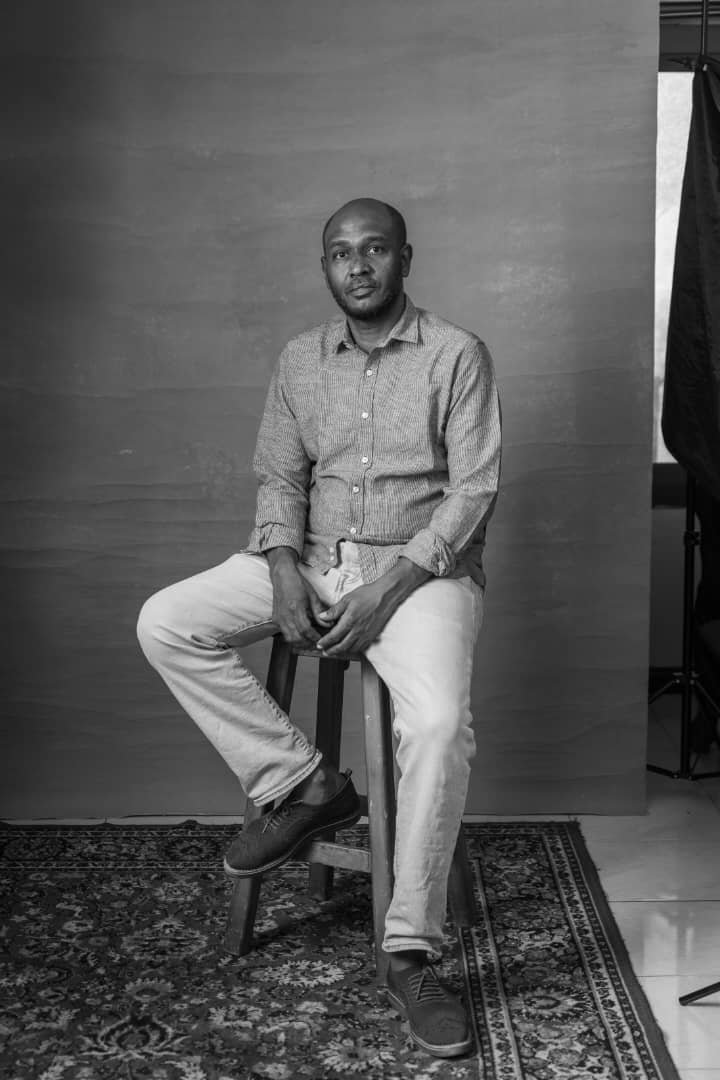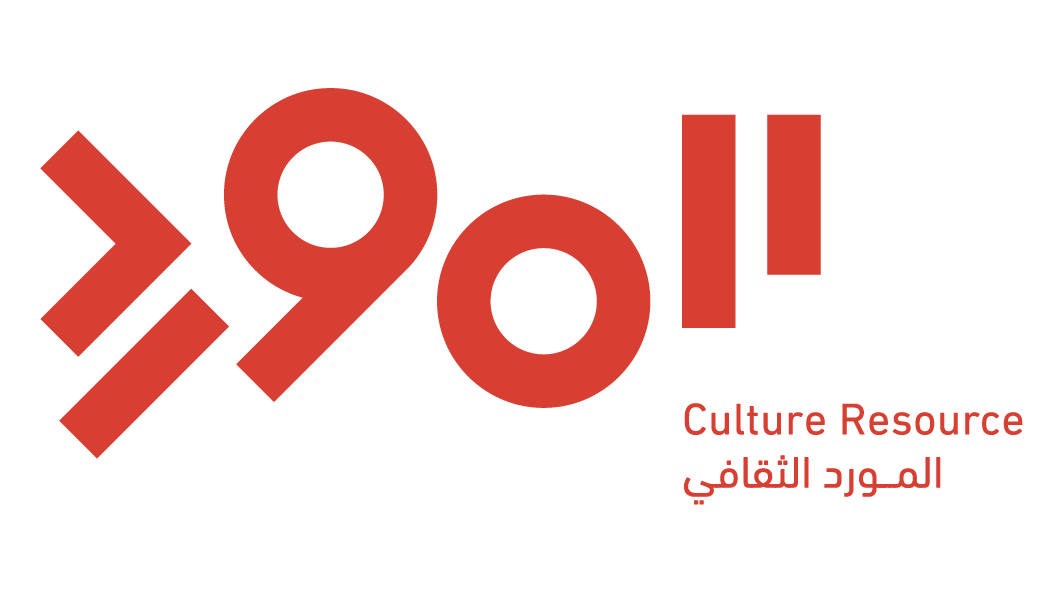Extended Cities: Khartoum - Beirut
Residency Project
2023 / 2025

“Aren’t maps just a silly joke we agreed to believe?”
Safia Elhillo / Borders – lighter 3
Extended Cities is an intersectional artistic residency that explores the relationship between countries and cities and the themes on which they are based, including history, literature, and memory, focusing on the theme of construction and demolition.
Why Khartoum – Beirut?
Khartoum was not a city of solid modernity at the beginning of the twentieth century, so it seemed as if there was another model that was more powerful and capable of forming cognitive and intellectual patterns that contradicted its social nature. Some Sudanese began to be sent to other cities for university education, and the American University of Beirut was a very important station. The thinkers of the first era of modernity, as they were called, appeared in political and social literature, such as Muawiyah Muhammad Nour (1901-1941). Nour received his education (AUB) for three years and obtained a literature degree. Nour also wrote a group of literary articles in a number of newspapers, such as Muawiyah’s experience in Beirut was an important milestone for Sudanese modernity, which did not stop, as he studied symbols of the national movement, such as Ismail Al-Azhari, the first Prime Minister of Sudan, also at the American University in Beirut. During the same period in which Muawiyah Nour was studying.
Extended Cities is the artistic residency of The Muse multi studios, an integrative regional organization committed to making art accessible through collaborative projects that respond to cultural and social contexts. Conceived as a space for experimentation and dialogue, the residency investigates the layered relationships between cities and nations, while addressing themes of history, literature, memory, construction, and destruction.
The first edition of Extended Cities focuses on Beirut and Khartoum—two capitals whose histories, while distinct, are deeply entangled in questions of modernity, education, and intellectual exchange. Khartoum, at the turn of the twentieth century, lacked the consolidated structures of modern urban life. As a result, Sudanese students were often sent abroad for higher education, with Beirut emerging as a central destination.
By drawing on these intertwined histories, Extended Cities seeks to explore how cities embody memory and movement, how they intersect across cultural, political, and intellectual geographies, and how art can serve as a means of reimagining those crossings. Beirut and Khartoum thus become more than locations—they are sites of negotiation, translation, and imagination, where histories of migration, exchange, and aspiration converge into new artistic possibilities.
Resident Artists

Lily Abichahine
Lily Abichahine (b. Beirut, 1985) is a lawyer, researcher, and artist whose practice bridges law and art. She graduated in Law from Saint Joseph University (2007) and Paris Descartes University (2008), and later earned a BA (2018) and MA (2019) in Performing Arts from Paris VIII University. Her work takes the form of lecture-performances, installations, and videos exploring the intersection of justice, history, and representation, as in Exquisite Corpse (Frankfurt, 2021), L’Étreinte (Paris, 2022), Abjad Hawwaz (Beirut, 2022), and the ongoing Mare Nostrum / Our Sea series (2021–ongoing).

Khalid Abdalrahman
Khalid Abdelrahman (b. Khartoum, 1978) is a self-taught artist whose practice explores his relationship with the spaces he inhabits through drawing and painting. Working with landscapes, urban scenes, and architectural details, his art reflects a dialogue between place and memory. After the outbreak of war in Sudan in April 2023, he relocated to Cairo to continue his practice. He has participated in numerous group exhibitions across Khartoum, Kampala, Cairo, Nairobi, and Cape Town, and has held six solo shows in Khartoum, New Orleans, and Nairobi.
Public Program

Art and Law: Representations, Trials, and Power
Art and Law – Representations, Trials, and Power is a workshop that investigates how the law and judicial systems are represented, reimagined, and challenged through art. From ancient Mesopotamian tablets to contemporary performance-trials, artists have repeatedly staged justice—sometimes reflecting its ideals, other times exposing its failures.The seminar invites participants to think of law not only as a regulatory framework that governs artistic practice, but as an artistic subject in itself. Through literature, cinema, theater, performance, and visual arts, we will explore how legal institutions, trials, and systems of power have been depicted, critiqued, and transformed within artistic forms. By analyzing case studies across history and media, students will gain a deeper understanding of how art shapes public perceptions of justice and how, in turn, legal systems influence cultural production. The seminar further asks whether art can act as an alternative arena of justice—verifying, questioning, or even supplanting institutional law when systems fail.

Lily’s trip to Cairo is supported by Wijhat Travel Grant by Culture Resource.
